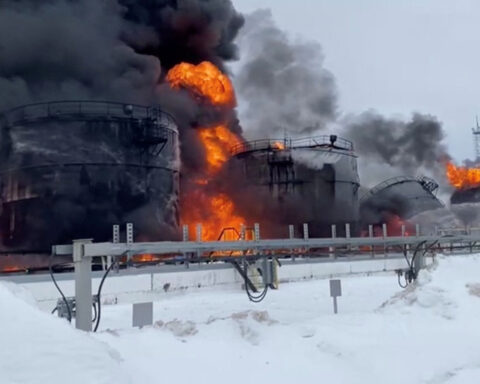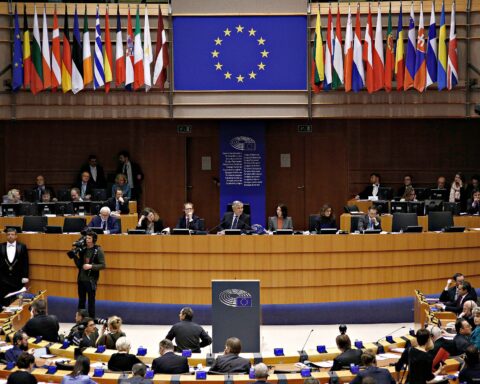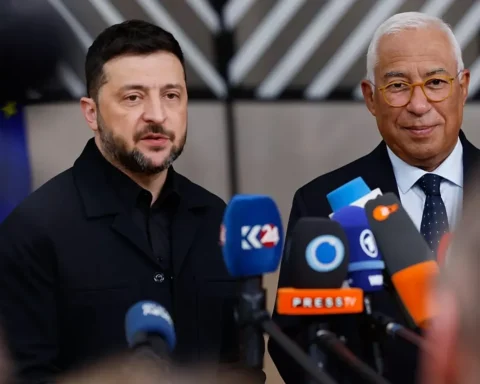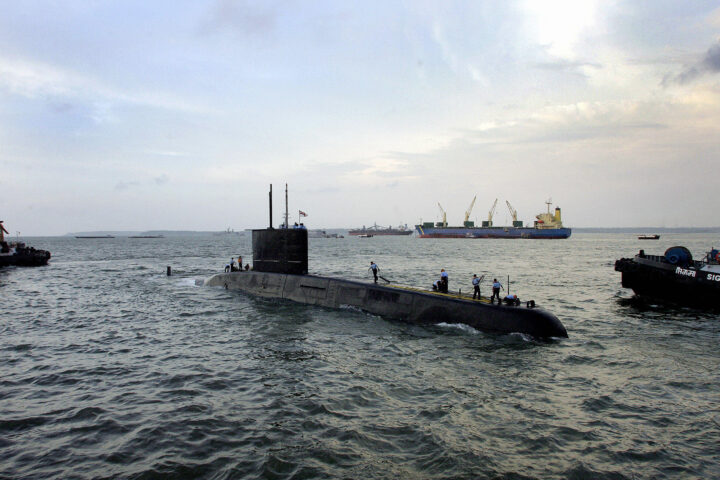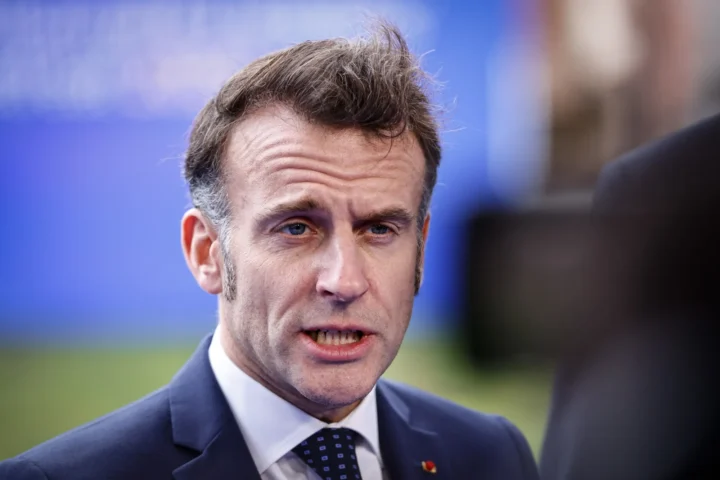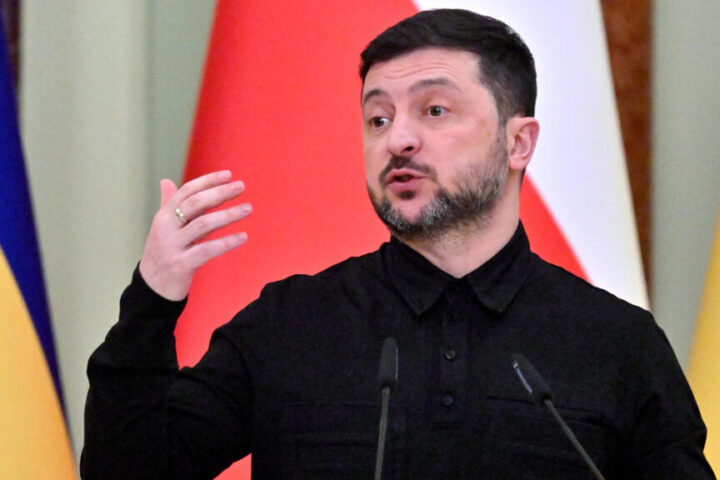As geopolitical tensions grow—particularly in Eastern Europe—serious questions are being raised about Europe’s defense capabilities. One of the most critical is whether Europe could independently resist a large-scale Russian military threat without the backing of the United States. While Europe has modern armies, advanced technology, and economic power, the answer is complex—and far from guaranteed.
Europe’s Military Strength: Capable but Fragmented
The European Union and NATO’s European members collectively spend hundreds of billions of euros on defense annually. Countries like France, the UK, Germany, Poland, and Italy possess well-equipped armies, advanced air forces, and growing cyber capabilities. However, Europe’s defense is not fully unified—it is fragmented across 27 EU states and multiple defense doctrines.
- France and the UK have nuclear deterrents and global military experience.
- Germany is investing more in defense but still lacks wartime readiness.
- Eastern European states like Poland and the Baltics are well-prepared for local defense but rely heavily on NATO coordination.
Europe’s collective power is significant—but coordination, logistics, and political consensus remain weak points.
What the U.S. Brings That Europe Cannot Easily Replace
- Air Superiority: The U.S. Air Force and strategic bomber fleet dominate global airspace. Europe’s air capabilities are advanced but far smaller in scale and global reach.
- Nuclear Umbrella: Many European nations rely on U.S. nuclear deterrence. Without it, only France and the UK have nuclear weapons—and coordination on their use is politically sensitive.
- Logistical and Satellite Networks: The U.S. controls the majority of global satellite, GPS, and intelligence systems that Europe uses during joint operations.
- Rapid Deployment Power: The U.S. has unmatched capacity to project force rapidly using global bases and carrier strike groups. Europe cannot match this alone.
Could Europe Hold Off a Russian Offensive?
If Russia launched a conventional ground invasion of an Eastern European NATO state without U.S. support:
- Europe would respond militarily, particularly frontline states like Poland, Finland, and the Baltics.
- France and the UK would likely take lead roles in countering aggression.
- A coalition response could form, but it would take time—and political hesitation across Western Europe could delay unified action.
- Without U.S. logistics and air power, Europe would be at a major disadvantage in sustained conflict.
In a prolonged or high-intensity war, Europe’s lack of integrated command and reliance on U.S. intelligence and supply chains could severely weaken its ability to hold off Russia alone.
Conclusion
Europe has the potential to defend itself—but not yet the cohesion, infrastructure, or strategic readiness to fully hold off a major Russian offensive without U.S. support. The war in Ukraine has accelerated defense investment and cooperation, but a truly autonomous European defense still requires deeper military integration, stronger leadership, and faster decision-making. Until then, U.S. involvement remains the backbone of European security.









